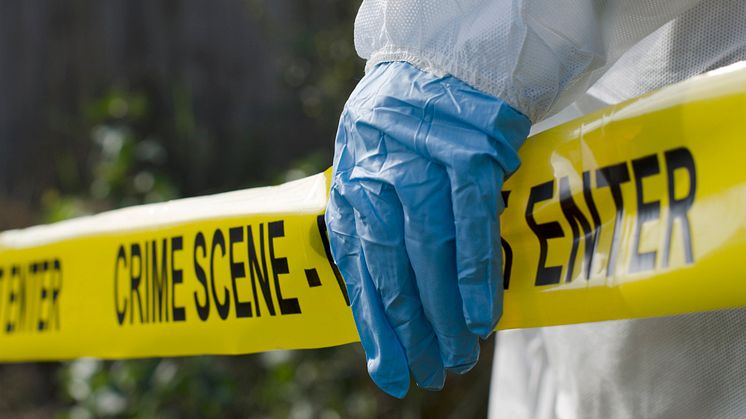
Press release -
New method developed to detect and trace homemade bombs
Academics from Northumbria have collaborated on a major research project led by King’s College London, to develop a new way of detecting homemade explosives which will help forensic scientists trace where the explosives came from.
The approach uses ion chromatography – a technique used to separate the different ions composing a complex ionic mixture, such as a homemade explosive. Published today (May 10) in Analytica Chimica Acta, scientists show that using this technique, they can detect a large number of components of homemade explosives down to very low trace amounts.
Homemade explosives have been used in crimes, including the Boston Marathon bombing in 2013 and the Oslo attacks in 2011. They are also used in ATM robberies. They have traditionally been very challenging to detect and trace in samples submitted for forensic analysis.
Lead author Dr Matteo Gallidabino, Senior Lecturer in Applied Sciences at Northumbria, said: “The method we developed is less time consuming and represents a viable solution for challenging explosives like these. By combining this approach with advanced data analytics, added intelligence can be retrieved from any evidence recovered. This has the potential to significantly impact criminal investigations and further enhance the role of forensics in the administration of justice.”
The team successfully went on to use the new approach to interpret the time since explosives materials were handled by the original maker, analysing sweat. They were also able to analyse gunshot residue to trace the type of ammunition used.
Dr Leon Barron from King’s College London said: “The technique is able to tell us so much more than just the explosives content. It detects thousands of different compounds simultaneously, which means there is an element of in-built future-proofing capability to detect new types of explosives if needed or provide critical information about where a device came from or who it belongs to.”
Click here to view the full report
Topics
Northumbria is a research-rich, business-focused, professional university with a global reputation for academic excellence. To find out more about our courses go to www.northumbria.ac.uk
If you have a media enquiry please contact our Media and Communications team at media.communications@northumbria.ac.uk or call 0191 227 4604.






